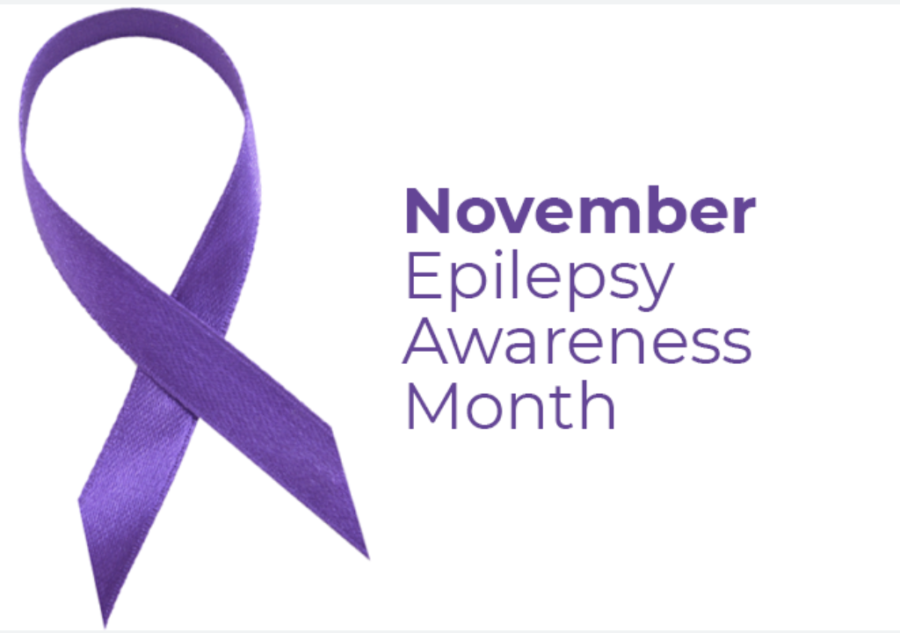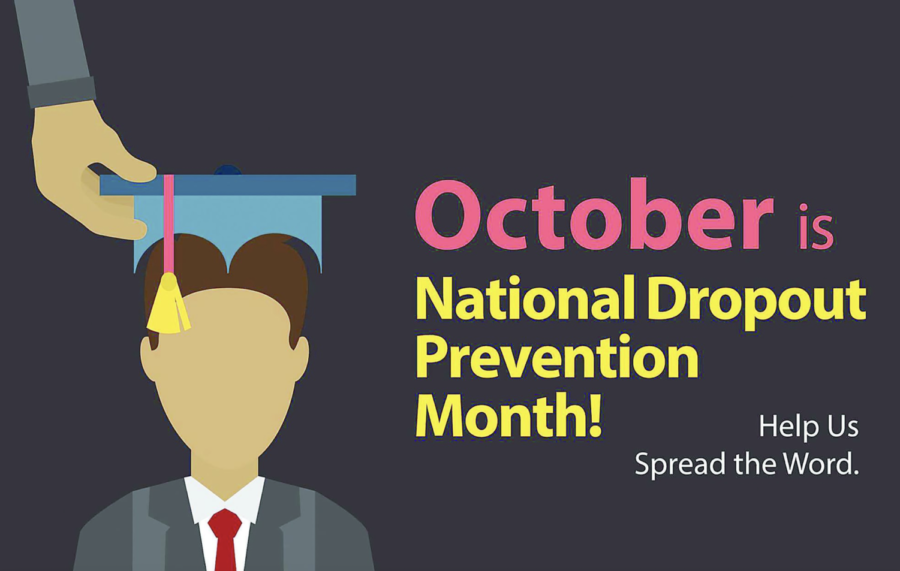ADHD, or Attention Deficit Hyperactivity Disorder, is a common disorder in today’s society. The demand for ADHD medication is rapidly increasing by a shocking 42 percent. Some claim ADHD is becoming more prevalent because of the increasing use of technology. Many agree that the use of smartphones and social media outlets have been a large contributor to lack of concentration in many people. However, a newly- released app, uHealth, could be the answer to eliminate all these distractions.
The app is designed to “improve your focus and attention abilities, helping you decrease impulsivity, lengthen your attention span and learn to keep focused while avoiding the endless everyday distractions” as described on the Apple iTunes store. The app uses eye- tracking technology to make the users more aware of becoming distracted, which is expected to improve their attention span.
The app is comprised of two different games: “Attention” and “Focus.” “Attention” is designed to develop attention, listening and focus skills. The users must master the first level of “Attention” for seven days before progressing to “Focus.” Users are expected to show improvement in attention span within a few weeks of using uHealth.
Before beginning the game, users must calibrate the screen to detect their eyes by holding their smartphones or tablets at least 30 centimeters from their faces. During the game, the users are required to only move their eyes to play along with the games. If any slight movements are detected by the eye-tracking technology, the users will lose points.
Alen Hajnal, associate professor at The University of Southern Mississippi, shared his opinions on the app. Hajnal researches visual perception and said that “visual training is a must.” He feels the game is on the right track to benefit people struggling with attention disorders; however, he feels it needs improvements and proper research before any real conclusion can be made.
This app is not the first attempt at improving attention span through technology. Lumosity is a popular brain game that focuses on improving the user’s memory, attention span, problem-solving capability and critical thinking. In Lumosity, there are three games. The games challenge the user by changing with each play and allotting a certain time frame. Unlike uHealth, Lumosity focuses on more than just attention span, so it is questionable whether it is as effective for the purposes of eliminating ADHD medication. Another app hoping to better attention span is focus@will. This app aims to increase attention span by stimulating the limbic system with various instrumental music. It is a new neuroscience-based music service that encourages its users to use it while performing everyday tasks. The idea is that focus@will will make it easier to begin concentration and then keep the mind there.
Although all three of these apps have a common goal to obtain focus and increase attention span, many researchers have claimed them to be frauds. A meta-analytic review in the Developmental Psychology journal details various studies on game- related attempts to improve attention and its correlation to ADHD. The journal states, “There was no convincing evidence of the generalization of working memory training to other skills.”
USM associate professor Brad Dufrene further explained the research in the psychology journal. “That is, the training programs produce weak effects for improving performance for authentic tasks that individuals would perform in their day-to- day life,” Dufrene said. He also said the studies show that the games tend to produce only short-term, task-specific gains. In other words, games that require the user to do the same task repeatedly will eventually result in a learned skill to that specific task.
Hajnal agreed that one can become an expert on certain learned tasks. He feels that in the early stages of learning a new task, a person will notice more things than necessary. Over time a person will ignore what is unnecessary and become an expert of the task. uHealth’s eye-tracking technology could help with this concept because it will force the user to move minimally.
Erica Smith, a student at the university who has ADHD, tried the uHealth app. She mainly tried the “Focus” game in the app, but claimed she feels it is a great idea in theory. She said that the eye-tracking technology tries to combat the user’s attention problems by training his or her eyes, but that does not actually target the problem of overstimulation in the brain. She even explained that she felt so focused at one point that it made her miss the next command and lose points.
“Maybe this would work with lots of practice and conditioning, but it didn’t do much initially for me below the surface level,” Smith said. She explained that, unfortunately, it did not give her the life-changing experience she had hoped for.
uHealth was created by a recently adapted Israeli startup. The startup has been creating various apps with the use of eye-tracking technology since 2010. uHealth is the first consumer-facing app they have developed and is available as a free download in the Apple iTunes store.





































